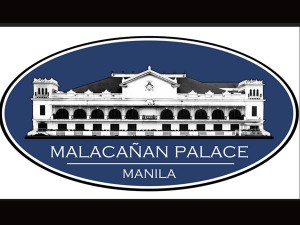PH off anti-trafficking watchlist, Palace hopes

Republic Act No. 10364 provides for the strengthened prosecution of those who engage or attempt to engage in human trafficking, as well as grants protection to trafficked victims.
In signing the measure into law, Aquino sought to abolish the practice of modern slavery through forced labor and the sexual exploitation of persons.
“Nobody should be subjected to involuntary servitude,” said presidential spokesman Edwin Lacierda in a phone interview.
Lacierda said the country was no longer on the global trafficking watch list.
“The status of the Philippines based on the US Department of State’s Trafficking in Persons Report 2012 is that we were upgraded to Tier 2 category in 2011, from the Tier 2 watch list, and we retained it in 2012,” said Lacierda.
“In addition, we are exerting efforts to move toward Tier 1,” he said.
Per the US state department, Tier 1 consists of those “countries whose governments fully comply with the TVPA’s (Trafficking Persons Protection Act) minimum standards for the elimination of trafficking.”
Tier 2 countries are those “whose governments do not fully comply with the TVPA’s minimum standards but are making significant efforts to bring themselves into compliance with those standards.”
Countries whose governments “do not fully comply with the TVPA’s minimum standards but are making significant efforts to bring themselves into compliance with those standards” are on the Tier 2 Watch List.
Countries in Tier 3 have the most problems as these “do not fully comply with the TVPA’s minimum standards and are not making significant efforts to do so.”
Stronger measure
Sen. Loren Legarda, principal sponsor of the measure in the Senate, expects the new law to strengthen the fight against human trafficking in the country.
“It will strengthen our fight against the abuse of women and children who are mercilessly sold [into virtual slavery]. I will monitor the implementation of my law,” she said.
Legarda said the law identifies “other gaps” in the old law, the Anti-Trafficking in Persons Act of 2003 (RA 9208), by improving law enforcement and prosecution, and providing programs and services for trafficked persons and those who are vulnerable to trafficking.
The new law covers attempted trafficking and has accessory liability as it covers more related acts and individuals.
Under RA No. 10364, recruitment in the guise of domestic or overseas employment for sexual exploitation, forced labor or involuntary debt bondage is considered human trafficking.
